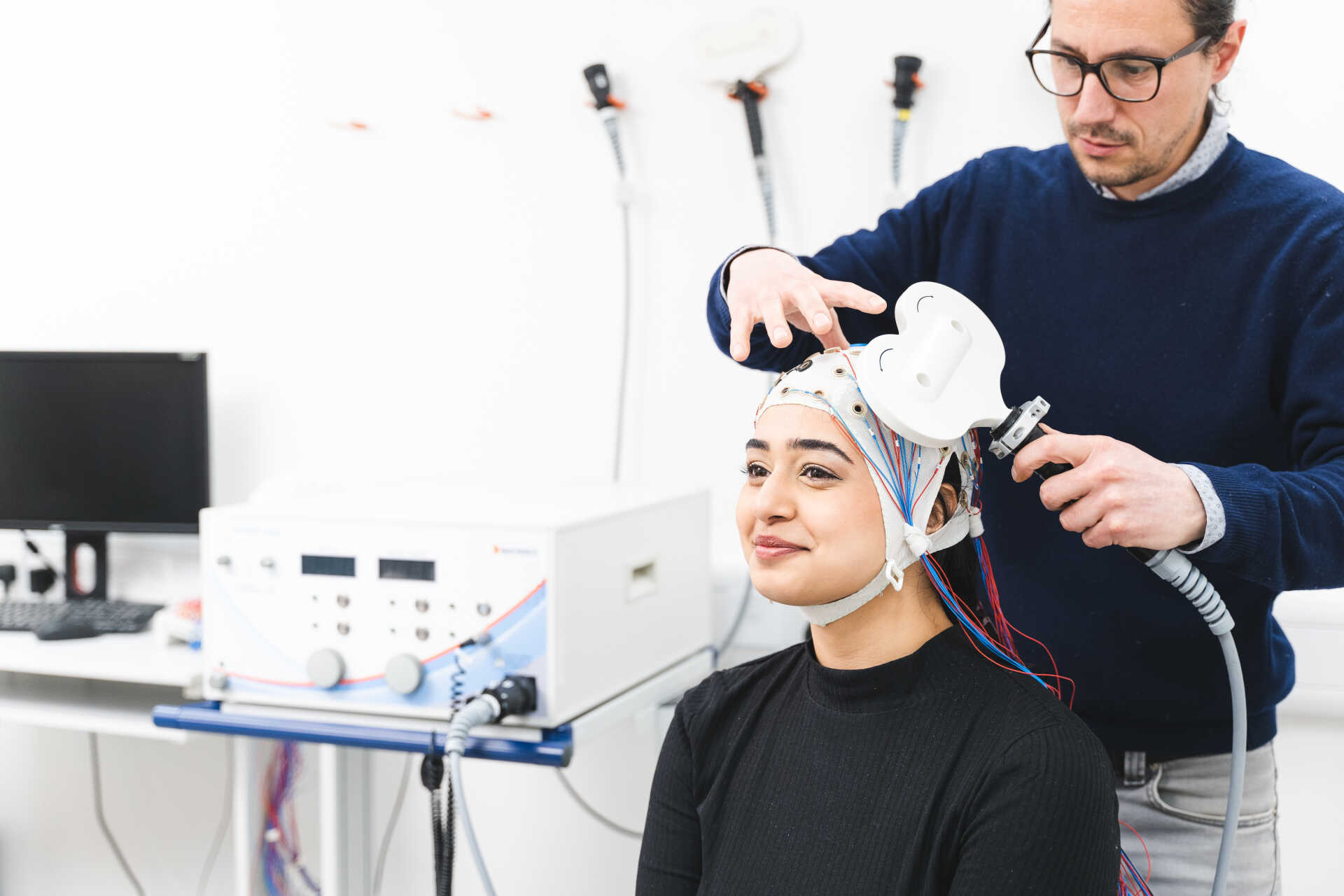You'll start on an in-depth journey into cognitive and biological psychology, introducing you to the foundational theories, methodologies, and critical issues within these fields. Starting with the history and development of psychology as a science, you'll navigate through the complexities of the brain and nervous system, delving into the cognitive processes behind learning, memory, and decision-making, and explores the realms of sensation, perception, and multisensory integration.
Students will also examine the nuances of psychopathology, including the nature and treatment of psychological disorders, and the psychological aspects of social cognition, sleep, and dreaming. Through a blend of historical context and contemporary research, you'll be equipped with a thorough understanding of the mechanisms underlying human behaviour and mental processes, laying a solid foundation for further study in psychology.
Each lecture within the module is designed to not only impart theoretical knowledge but also to encourage you to critically engage with current research, methodologies, and debates in the field of psychology. Through this comprehensive programme, you are equipped with a deep understanding of the cognitive and biological bases of human behaviour, preparing you for further study or careers in psychology and related disciplines.





